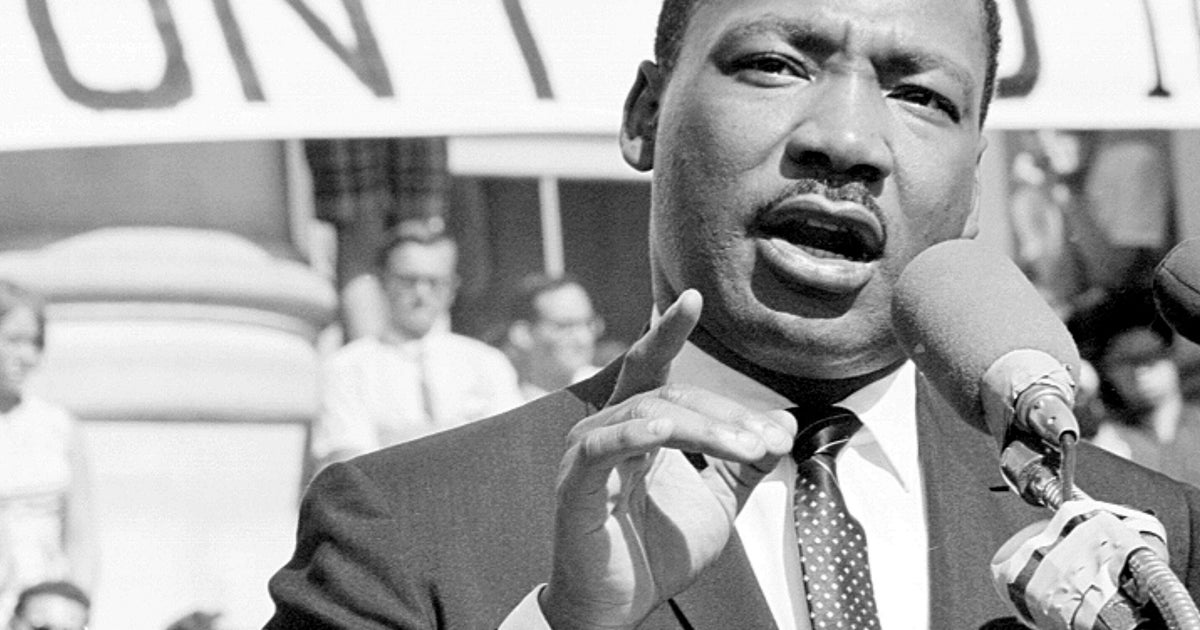Jack Welch, legendary former CEO of General Electric, has died at age 84
Jack Welch, who became a celebrity CEO and management guru after reviving General Electric in the 1980s and 1990s, is dead at age 84.
His death was confirmed Monday by GE, according to the Associated Press. The cause of death was renal failure, his wife Suzy told the New York Times.
Welch took over the industrial giant in 1981 at a time when the U.S. economy was emerging from recession and conglomerates were falling out of style among investors. The executive took GE's many industrial divisions global and instituted a management method for better testing the profitability of its divisions, selling off those that were underperforming. That led to higher profits, but also massive layoffs. GE cut more than 100,000 jobs, or nearly a quarter of its employees, during Welch's tenure.
Welch also overhauled GE's business. He led the company's charge into financial services and its purchase of RCA, whose assets included the NBC television network.
"Today is a sad day for the entire GE family," current GE chief executive H. Lawrence Culp Jr. said in a statement. "Jack was larger than life and the heart of GE for half a century. He reshaped the face of our company and the business world. Jack was a strong and constant influence throughout my career despite never having worked directly for him."
In a post on LinkedIn, Jeff Immelt, Welch's handpicked successor for GE's top job in 2001, called Welch "the best boss I have ever seen," and said Welch made his employees feel valued.
"Jack was always direct, but his frankness was appealing and effective," Immelt wrote. "His informality and accessibility made GE a team, and we all loved working for him because he wanted the people around him to succeed."
Driving fast growth
Welch's GE makeover was a huge success during his tenure. Revenue soared at GE under Welch, up 600% to $130 billion. He also made GE's investors a lot of money: General Electric's stock market value under Welch rose to more than $400 billion, from $14 billion when he took the job of chief executive. During his tenure, GE's revenue grew nearly fivefold, and the firm's market capitalization increased 30-fold.
That led to GE becoming the world's most valuable company at one point and its stock one of the most widely held among both institutional and average investors. In 1999, Fortune magazine named Welch as its "Manager of the Century."
Welch, trained as chemical engineer, championed the belief that the main job of a CEO was to boost shareholder wealth. "I had plenty of money in the first three years I was CEO — the next 17 was spent making other people rich," Welch said two years ago in an interview. "I mean it's a turn-on. I used to call guys in my office and give them a million bucks. You realize how good that feels?"
Reassessing Welch's legacy
But since stepping down from GE's top job in 2001, Welch's leadership at the company has come into question, especially since the financial crisis. GE's stock has floundered in recent decades, and the company faced steep losses in its financial businesses after the collapse of Lehman Brothers. Welch also became a vocal critic of President Barack Obama and other Democrats.
In October 2012, Welch questioned a monthly government jobs report that showed the unemployment rate had fallen below 8% for the first time in three and a half years. The report came two days after Mr. Obama had performed poorly in his first debate with Romney and a month before the election.
"Unbelievable jobs numbers," he tweeted. "These Chicago guys will do anything...can't debate so change numbers."
Obama hailed from Chicago. While some Republican members of Congress echoed his views, his criticism was mostly derided by economists and by former Labor Department officials from the Bush administration, who vouched for the accuracy of the government's labor data.
"Neutron Jack"
Welch quickly climbed the ranks at GE, becoming its youngest chairman and CEO in 1981 at age 45. He also shook up the company laying off tens of thousands of employees in his first five years. That earned him the unwanted nickname "Neutron Jack," after the nuclear weapon that kills people but leaves buildings largely intact.
Welch bristled at the name, insisting that successful companies needed to be agile. To that end, he also divested GE of billions of dollars in businesses that didn't live up to his mantra that they be No. 1 or 2 in their markets.
"He's quick on the trigger — sometimes too quick," Noel Tichy, author of a 1993 book on Welch and a former leader of GE's vaunted training programs, said in 2001.
"He'll make snap judgments; he's a human being that has temper tantrums." Tichy said. "With all that, I think he's the greatest business leader I ever met."
— The Associated Press contributed to this report.






